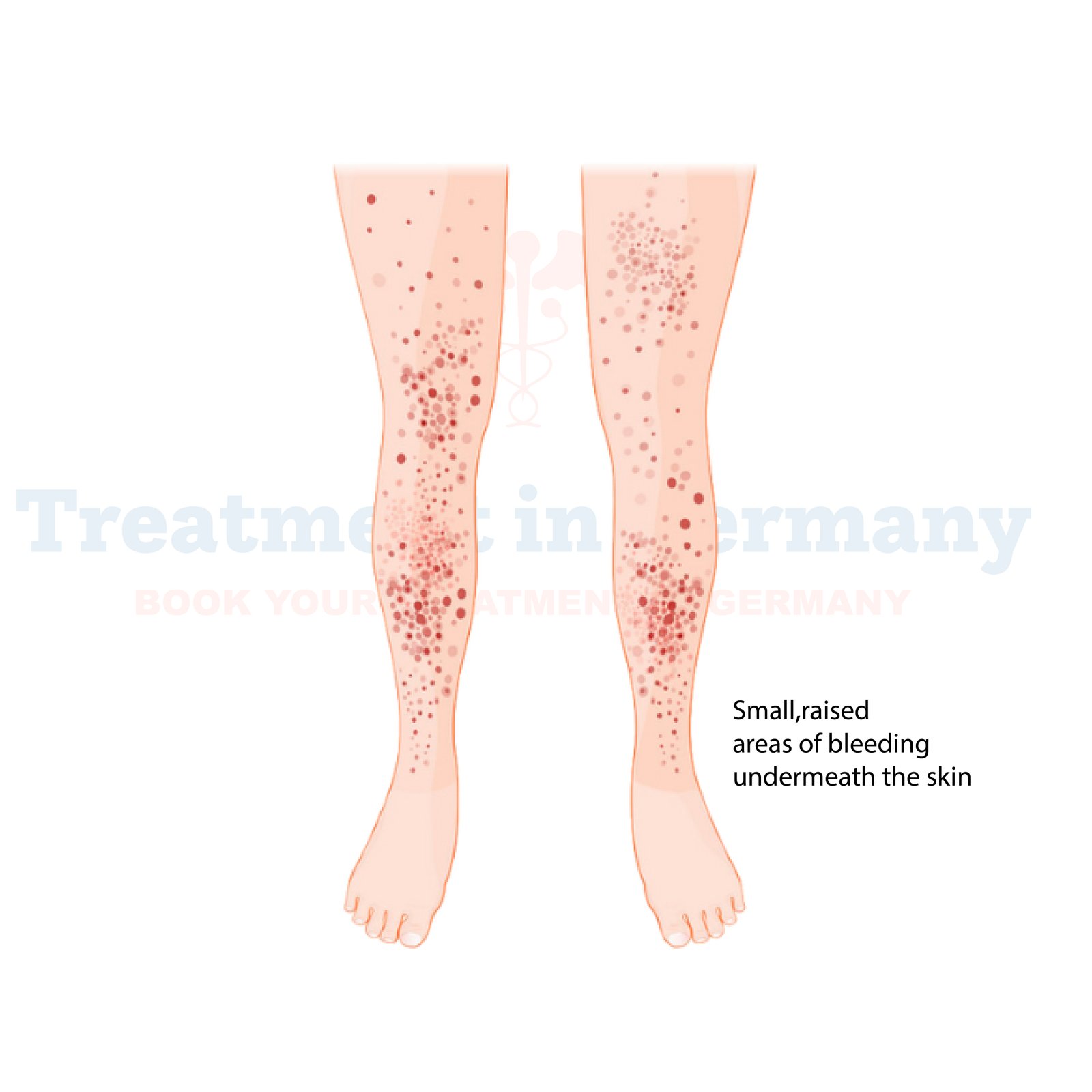What is Henoch-Schönlein Purpura (IgA Vasculitis)?
Henoch-Schönlein Purpura (HSP), also known as IgA Vasculitis, is a rare autoimmune condition that affects the small blood vessels in your body. It primarily targets children, but it can also affect adults.
HSP is characterized by inflammation of the blood vessels, which leads to a variety of symptoms, including a distinctive rash called purpura, joint pain, abdominal pain, and sometimes kidney involvement.
Side effects of Henoch-Schönlein Purpura (IgA Vasculitis):
The most notable side effect of HSP is the appearance of a rash, which typically presents as small purple or red spots on the skin, particularly on the lower extremities.
Other common side effects include joint pain and swelling, abdominal pain, nausea, vomiting, and occasionally, kidney problems such as blood in the urine or reduced kidney function.
How is Henoch-Schönlein Purpura (IgA Vasculitis) diagnosed?
Diagnosing Henoch-Schönlein Purpura often involves a combination of physical examination, medical history review, and diagnostic tests. Your doctor may conduct a physical exam to look for characteristic symptoms like the purpura rash and joint pain.
They may also order blood tests to check for elevated levels of certain antibodies and markers of inflammation. Additionally, a urine test may be done to assess kidney function and detect any signs of kidney involvement.
In some cases, a skin biopsy or imaging tests like ultrasound may be performed to further evaluate the extent of the condition.
Potential treatments of Henoch-Schönlein Purpura (IgA Vasculitis):
Treatment for Henoch-Schönlein Purpura typically focuses on managing symptoms and preventing complications. In mild cases, the condition may resolve on its own without specific treatment.
However, if symptoms are severe or persistent, your doctor may recommend medications such as nonsteroidal anti-inflammatory drugs (NSAIDs) to alleviate pain and inflammation, corticosteroids to suppress the immune response, or other immunosuppressive drugs to help control symptoms and prevent organ damage.
In cases where kidney involvement is present, additional treatments may be necessary to protect kidney function and prevent long-term complications. Your treatment plan will be tailored to your individual needs and may require close monitoring by your healthcare team.
👉 Contact us for further information and receive a complimentary consultation.


.webp)
 (1).webp)

.webp)
 (1).webp)


.webp)
 (1).webp)

.webp)
 (1).webp)
